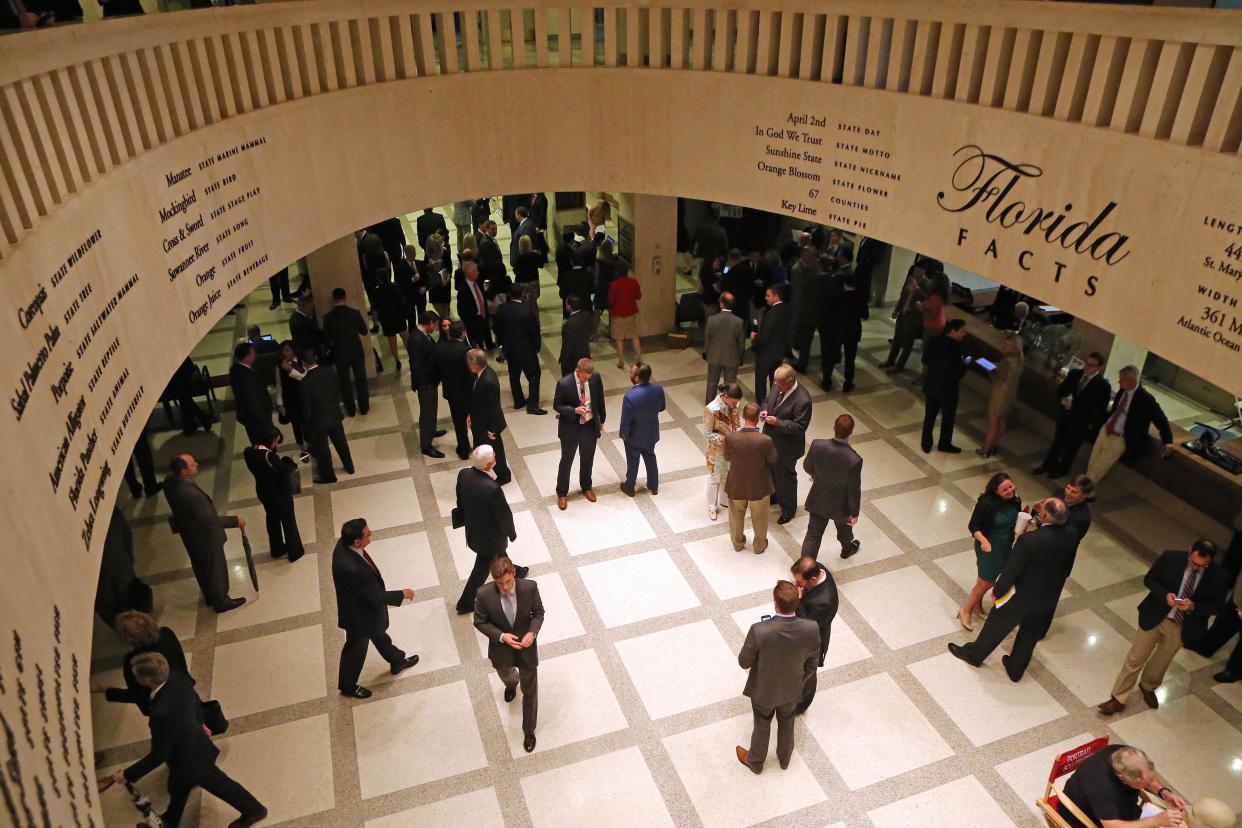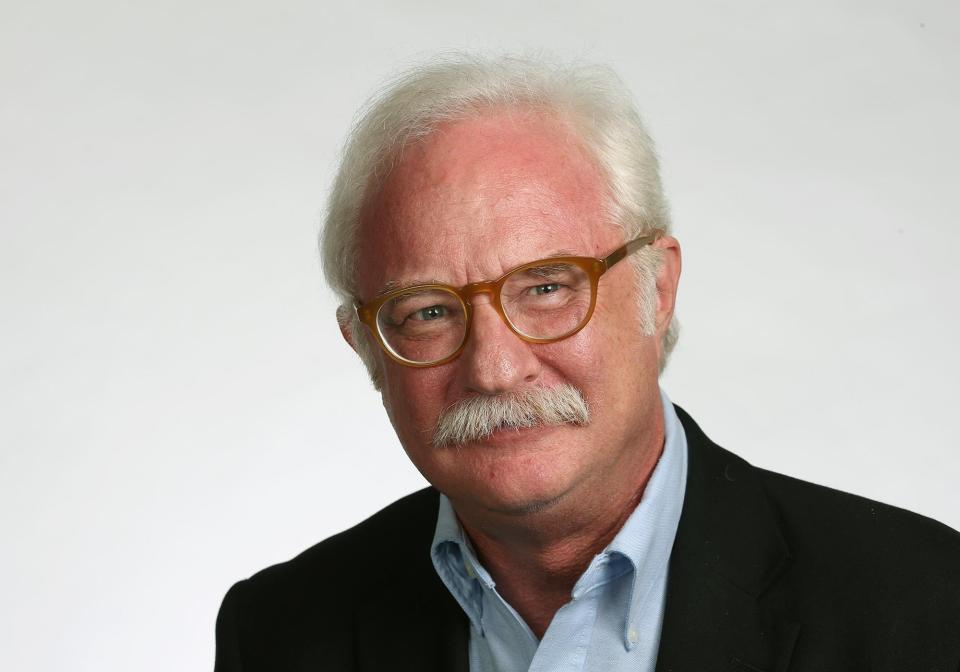Mark Lane: Are soil and water conservation districts about to be buried?

- Oops!Something went wrong.Please try again later.
Will the Florida Legislature, that reliable foe of local government, take away our Soil and Water Conservation District this session?
A bill filed by Palm Coast Republican Sen. Travis Hutson (SB 1078, HB 783) would do away with the county-based conservation districts. Florida has 58 of these districts, each with an elected board. These were put into Florida law in 1937. Volusia County has had one since 1943 when it was just a Soil Conservation District, the water part was added later.
"They don't do that much," Hutson said of the districts.
More: What are Volusia, Flagler lawmakers proposing in the session?
And to be sure, the district is the single most obscure organization in local elected government and is often a puzzlement to voters at election time
In 1996, for instance, because no candidate qualified before the deadline, a seat on the district board had to be chosen entirely from write-in candidates. The line on the ballot read: "Volusia County Soil and Water Conservation District (Vote for one)." The next line was a blank space marked "write-in."
A large number of voters misunderstood these instructions. Many wrote in "soil." Even more wrote "water." Only votes for humans were officially tallied by elections officials, but the popularity of water should be noted.
And the Flagler County district was dissolved for lack of interest in 2015.

But even though few are aware of its work, the Volusia County Soil and Water Conservation District carries on and does have real functions. It is a local liaison for the U.S. Department of Agriculture and a promoter of its programs to growers and ranchers. Its members are local advocates for sound farming practices and protection of the environment and water resources generally.
As area elected officials, they have a platform for educating the public, growers and especially other governmental bodies about protecting our natural resources. In an area that is urbanizing ever faster, they are voices for agriculture.
For fiscal conservatives, one would think the soil and water conservation districts would be the best kind of local government agency; they have no salaried employees, no taxing power, are locally based and their board members are all volunteers elected by local voters.
Volusia County ended funding and staffing for the district in 2007 and handed over some of its functions to county staff. So it's not like dissolving the group would save taxpayer money. If anything, the county would lose money because the group would no longer be around to help with grant programs.
Still have a role
Hutson has argued that the state's water management districts could take over these groups' functions. But the water management districts, whose funding and outreach were cut drastically during Rick Scott's term as governor, are sprawling, multi-county agencies covering wide areas. They would not have the same local presence as the conservation districts.
The members of the water management district boards would certainly not be the same kind of visible community advocates for environmental protection, natural land preservation, water quality and sound agriculture practices.
The soil and water boards are certainly not high-profile offices. Members have no real power. The districts were founded during the Dust Bowl Era to help at a time when local government was rudimentary and the protection of natural resources was well beyond its scope. They rank with mosquito-control district boards in voter visibility, yet they still provide useful information and locally based services.
You're certainly not going to see a Save the Soil and Water Conservation District march on the state capitol this session. Few Floridians — and vanishingly few city-dwellers — know what they're for. And given the anti-local government bias of the Legislature, members will no doubt would be disposed to reflexively eliminate another unit of local government.
So maybe after 85 years, this will be the year that conservation districts are erased from the statute books and dropped from the ballot. And that would be a shame.
Mark Lane is a News-Journal columnist. His email is mark.lane@news-jrnl.com.
This article originally appeared on The Daytona Beach News-Journal: Will the Legislature close our Soil and Water Conservation District?

